CES 2020: ‘Congestion tax’ should pay for driverless car, smart city infrastructure
Motorists could be slapped with ‘congestion taxes’ in a bid to ramp up the stalling driverless car and ‘smart city’ networks which have been dubbed the answer to our gridlock hell.
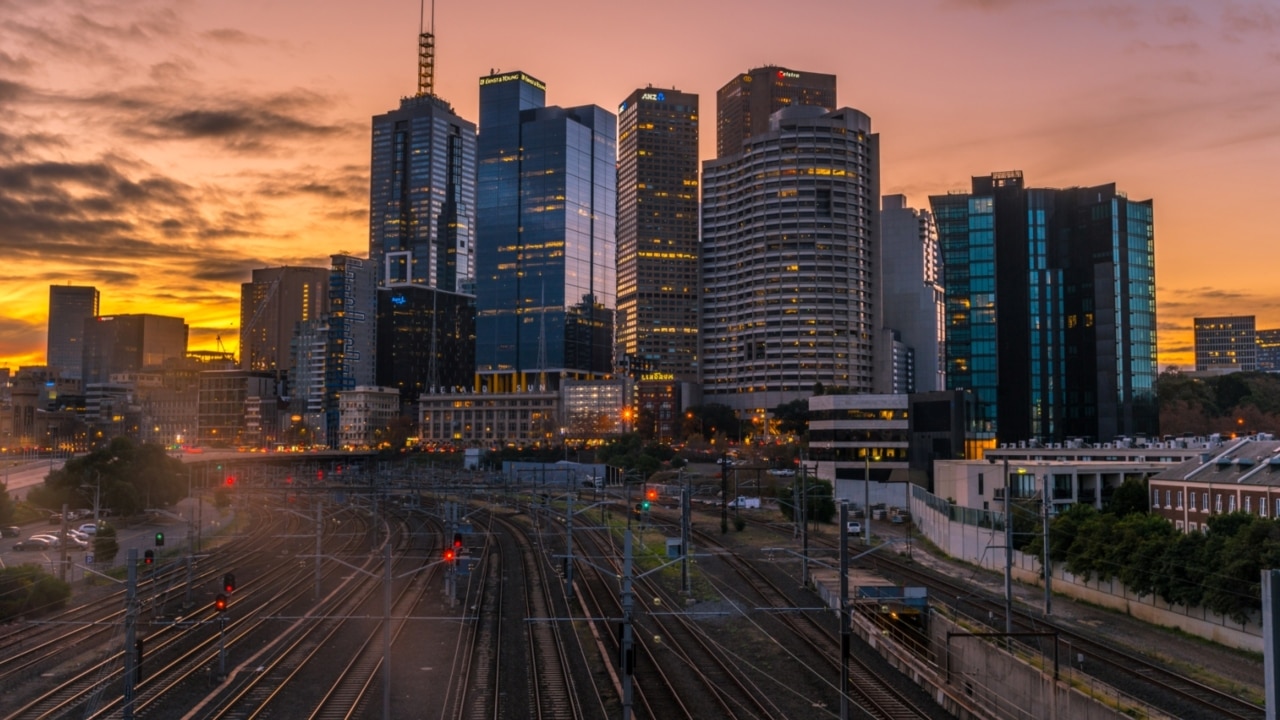
Technology
Don't miss out on the headlines from Technology. Followed categories will be added to My News.
MOTORISTS should be slapped with congestion taxes so Australian cities can get driverless cars and other ‘smart city’ infrastructure off the ground, according to global tech experts.
If predictions of autonomous vehicle rollout a couple of years ago were to be believed, we’d be driving and flying around in robot-powered vehicles by now.
But leading transport experts at CES in Las Vegas today admitted it hadn’t happened as quickly as expected and major investment by governments was now needed.
‘Smart cities’ – an urban area that uses different types of integrated electronic ‘Internet of Things’ sensors to manage traffic, transportation and utilities – are slowly progressing in Europe and the US and have been hailed as the answer to tackling greenhouse gas emissions and future congestion woes in overcrowded cities.
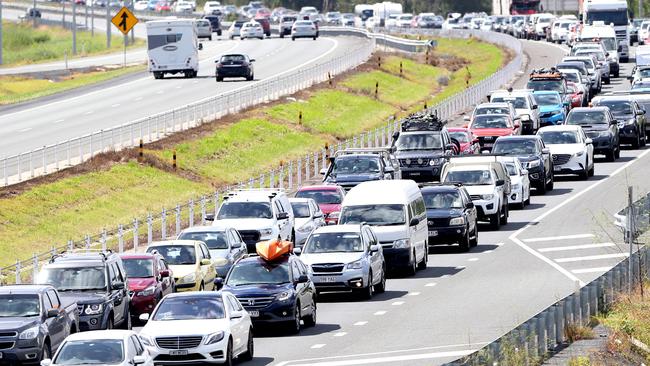
But experts warned that if Australian cities didn’t seize the opportunities while tech giants like Uber, Toyota and Samsung were investing heavily in the driverless vehicle and supporting smart city technology, we could fall behind.
Clara Fain – the chief financial officer of transit company Via – said there was a ‘big disconnect’ in cities investing in smart city technology despite projections that two thirds of the global population would live in metropolitan centres by 2050.
“The consensus is autonomous vehicles are not happening today but it will happen,” she said.
“There’s a window of time cities have to seize on this while companies are putting huge investment into autonomous vehicle technology.”
She said governments were – on average - only investing two per cent of their budgets into smart city infrastructure – and the challenge was most were reluctant to invest heavily without immediate return.
The answer, she believes, is taxing motorists to finance new projects.
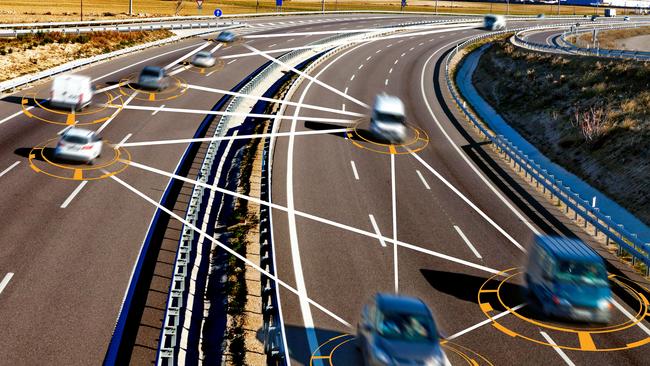
“They need to use their biggest assets like roads to generate new funding,” she said during a CES panel discussion, referring to how major cities around the world are increasingly implementing congestion taxes to fund new infrastructure and push more people onto public transport.
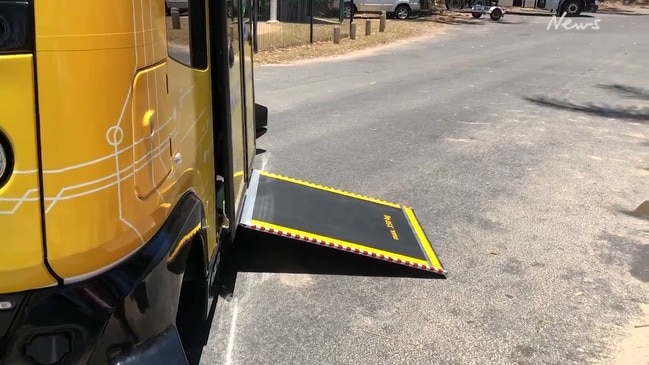
“We need to see single occupant cars heavily taxed so those funds can be used to build new infrastructure.
“Every city is claiming they are working to be smart cities but the reality is most aren’t.”
Her calls were echoed by former US Transport Secretary Ray LaHood who said the ‘gas tax’ on Americans ‘built the interstate system’.
“The gas tax needs to be raised … use part of the funds to implement congestion pricing infrastructure – change the culture of how we get around our communities,” he said.
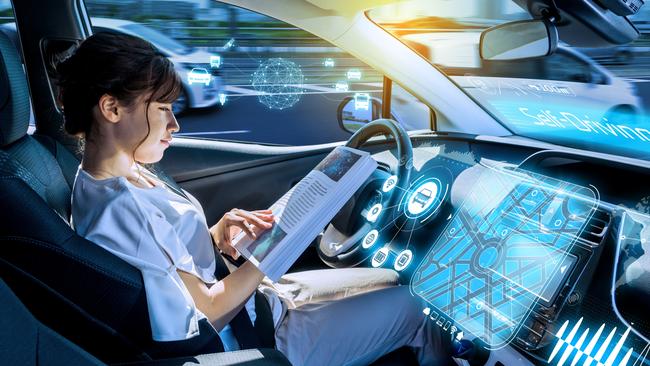
He called on political leaders from all levels of government to lead Smart City innovation but said ‘cash-strapped’ councils and states needed Federal Government resourcing to make it happen.
“Many of these things are not going to happen if you don’t have the resources … cities are cash-strapped,” he said.
“The Federal Government needs to be onboard to help resource it.”
He said public-private partnerships were critical but ‘the leadership has to come from the grassroots’.
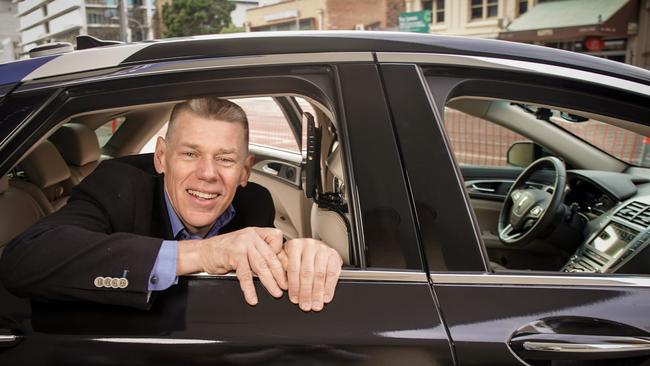
Streetlight Data CEO Laura Schewel said if governments introduced congestion taxes or raised tolls, they had to ensure alternative and affordable options were readily available in order to make meaningful change in commuter habits.
She said the key to convincing governments to invest was to sell technology that fixes an immediate problem – like outdated traffic counting methods – and then pair the deal with ‘new boundary-pushing technology’ that offers a suite of other data that authorities never knew they needed.
“Help replace boring, old technology that governments have budgeted to replace … just selling innovative and futuristic technology is too tough against budget constraints,” she said.
Originally published as CES 2020: ‘Congestion tax’ should pay for driverless car, smart city infrastructure


